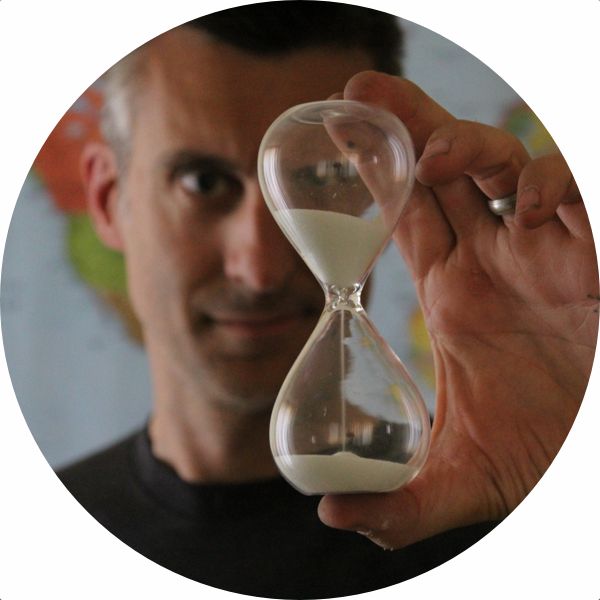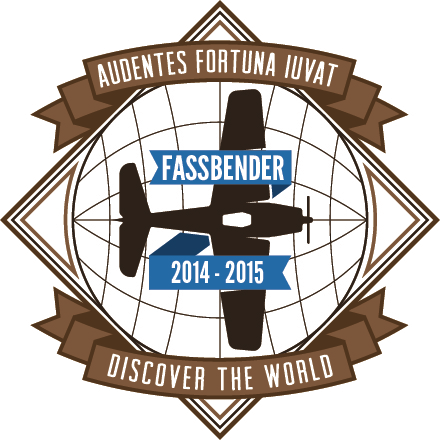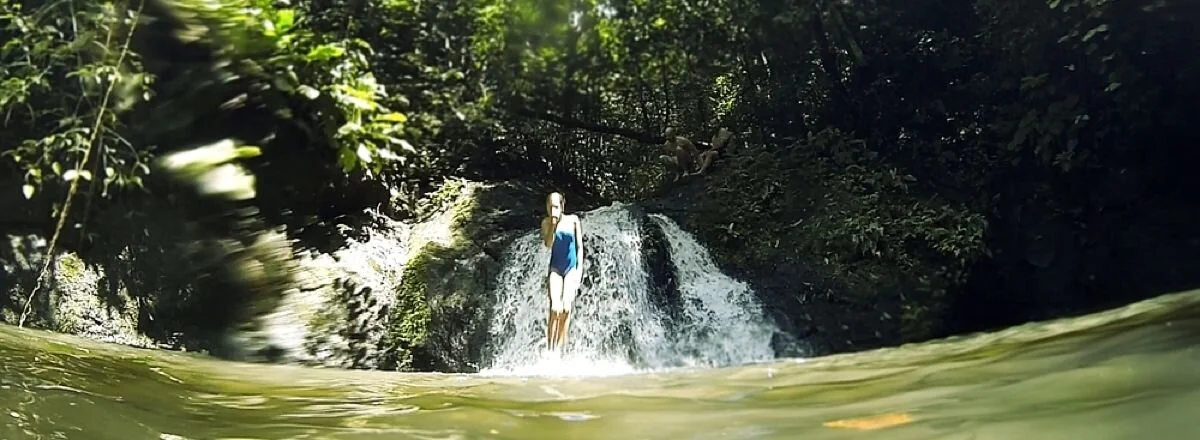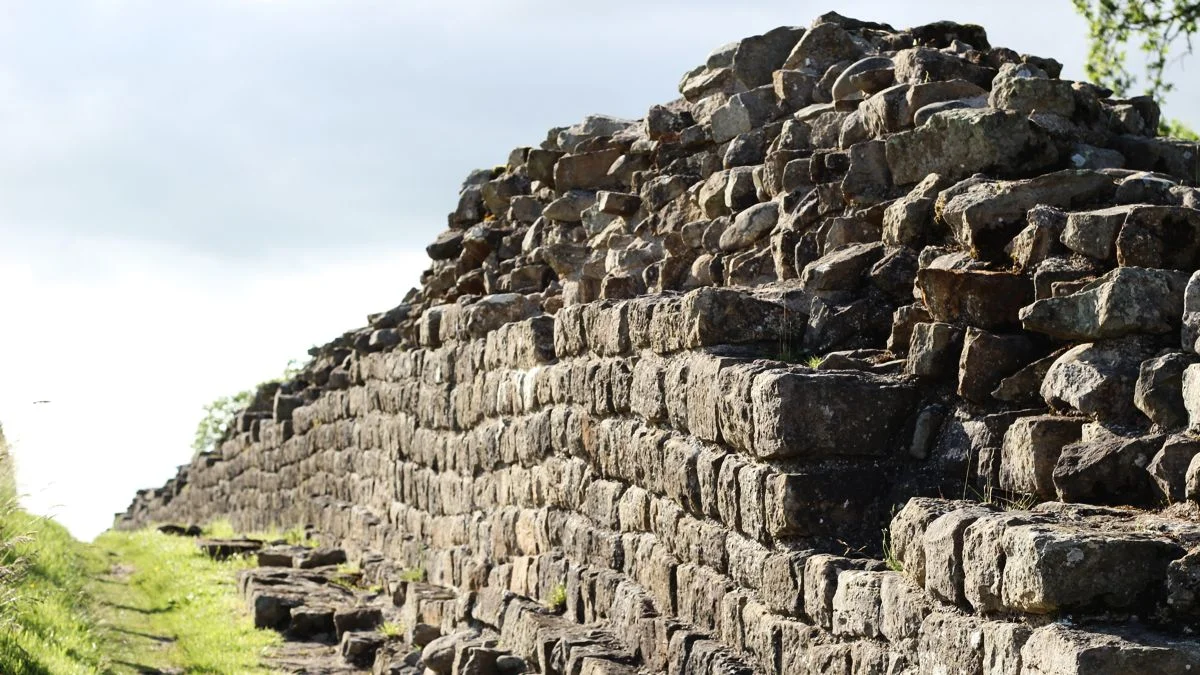Friday, 29-08-2014. Day 10.
Fish and taxis.
Samantha wanted to visit the fish market we’d seen yesterday (Mercado de Mariscos), which was near Casco Viejo, and to do that we were going to need a taxi.
We walked out to Av Israel, the busy street we were staying on and, of course, all the taxis seemed to be going in the opposite direction. One driver spotted us looking like we needed a taxi and signaled us. He somehow maneuvered across the two lanes of thick traffic into a parking lot on our side of the street.
We’d read that taxis in Panama don't have meters, so it was best to negotiate the fee in advance. So we did. Using my best Panamanian Spanish, I told him we wanted to go to Mercado de Mariscos, “cerca de Casco Viejo.” He thought a moment then told us, “Cinco.” Five bucks seemed pretty low to me, so I said, “¿Cinco? ¿Dólares?” He said, “Sí, cinco.” Sounded like a bargain, so we got in.
Traffic in Panama is fierce. It took us half an hour to get to the market, which our taxi sped right by. Our driver seemed to have no intention of dropping us off. I didn't know Spanish for, “please drop us off here,” so I said, “Aquí esta bien.” He replied with, “No, no,” and waved his arms like there was a reason we couldn’t be dropped there. So he drove us deep into Casco Viejo.
At this point, I was pretty sure he didn’t hear the part about the seafood market, just the part about Casco Viejo, so before we got too far afield, I picked the next convent stopping point and insisted we’d get out there. He seemed bent out of shape about it, but we left, paid our $5, and walked the 15 minutes back to Mercado de Mariscos.
Mercado de Mariscos
This place is indeed a market full of seafood. It was very busy and loaded with fresh seafood of all sorts: octopus, shrimp, lobster, all sorts of fish, and many other creatures of the sea.
Fish
We considered buying some camarones to make for dinner that night, but we didn’t really have a way to keep them fresh until we finished what we wanted to do on this side of town and get back to where we were staying. So we passed on it, reluctantly.
Instead, we decided to try one of the many restaurants selling fish adjacent to the market. We ordered some fried fish with plantains, and that’s exactly what we got. Even Jackie thought it was delicious.
Lunch
While we ate our lunch, some guy wearing a “Not in My Town Scumbag” T- shirt walked from table to table selling Colgate (yes, the toothpaste) and decorated Bowie-style knives to restaurant-goers. It seemed an odd combination, and I felt jilted that he didn’t try to sell us one. I wouldn’t have bought one, but sometimes it’s nice to be asked.
From the ciclovia: Fishing boats in the harbor.
After lunch we walked along the ciclovia, a bike and pedestrian friendly pathway along the Panama City harbor, back toward Casco Viejo.
It led us underneath an overpass, so it was safer than running across the busy street. Under the overpass, there were some swings guarded by a police officer. The girls did some swinging, then we walked the rest of the way into Casco Viejo in search of an elusive chocolate shop that Samantha had seen a sign for the day before. We never found it, but we did find a juice shop where the Panamanian vampires hang out.
Casco Viejo
We'd pretty much finished with Casco Viejo, so we made plans to go see something even older: Panamá Viejo, the original site of the city that was burned by Captain Morgan in 1671.
Panama Viejo
We hopped in a cab, negotiated down to $15 (which seemed a little high after this morning’s $5) and drove across town to Panamá Viejo, a UNESCO World Heritage site (with the unwieldy name of the Archaeological Site of Panamá Viejo and Historic District of Panamá). Admission was reasonable ($5 per adult, $2 for Frankie, and Jackie was free).
Panamá Viejo
It was a really interesting site, rich in history. Jackie called it the “lost ruins” and really loved exploring all the different buildings.
You can climb up to the top of the city hall and look out over the old city. It was really cool to see the ancient, crumbling buildings with the new high rise towers of the new city in the background.
Old and new.
Panamá Viejo closes at 4:30, but they didn’t seem to be kicking anyone out, so we took our time exploring. We didn’t see it all, but we walked around and got as far as the Convent of the Order of the Immaculate Conception, one of the largest (somewhat) intact buildings on the site, then we turned around and walked back to the beginning.
Convent of the Order of the Immaculate Conception
As we walked out, rush hour was in full swing and we realized catching a cab was not going to be easy. So we started walking back toward a busier intersection where our luck would be better and, after a few false starts, caught a cab.
Traffic was honking all around us (Panama City is noisier than New York when it comes to car horns), so we didn’t have a chance to stand outside and negotiate a fare. We hopped in, hoping for the best, telling the driver to head for the Sheraton — it was the closest, easiest to describe landmark near our room.
Again traffic was fierce, so after waiting at a standstill for five minutes we decided to get out and walk. I paid our driver $3 and, because we needed to go to the local supermarket to get some fixings for dinner, we walked a few blocks to Supermercado Riba Smith. It was pretty much like any market we'd been to in the U.S. with a few differences. For instance, if you wanted to buy fresh fruit or vegetables, there was one employee who stood by a scale and weighed everything and put a price tag on it. The line to get our clove of garlic and two plums was really long.
Another weird thing: the carts. After you put all your goodies on the conveyor belt, instead of pulling your cart through with you, you push it back into the aisle behind you. An employee would come and take them away, but usually before this happened a good number of carts would build up in the aisle, blocking the entrance to the checkout stand.
We walked back to our apartment, then I took the kids to the pool for a little swim while Samantha made dinner, then we ate and discussed what we wanted to do the next day. Samantha had found a tour of the jungle with a company called Jungleland Panama that sounded fun.
She sent off an email, and Captain Carl respond quickly, letting us know that he had some room on the next day’s tour, so we snapped it up. We had to catch a shuttle bus at 8:00 a.m. the next day, so we watched the U.S. Open and went to bed.
Notable Statistics
Cabs ridden: 3
Cab fare paid: $23
Fish seen: countless
UNESCO World Heritage Sites visited: 1
Header Image: Panamanian taxi. Photo from the author’s collection.

Tom Fassbender is a writer of things with a strong adventurous streak. He also drinks coffee. If you enjoy his writing here and want to lend your support, you are welcome to contribute to his coffee fund.






















